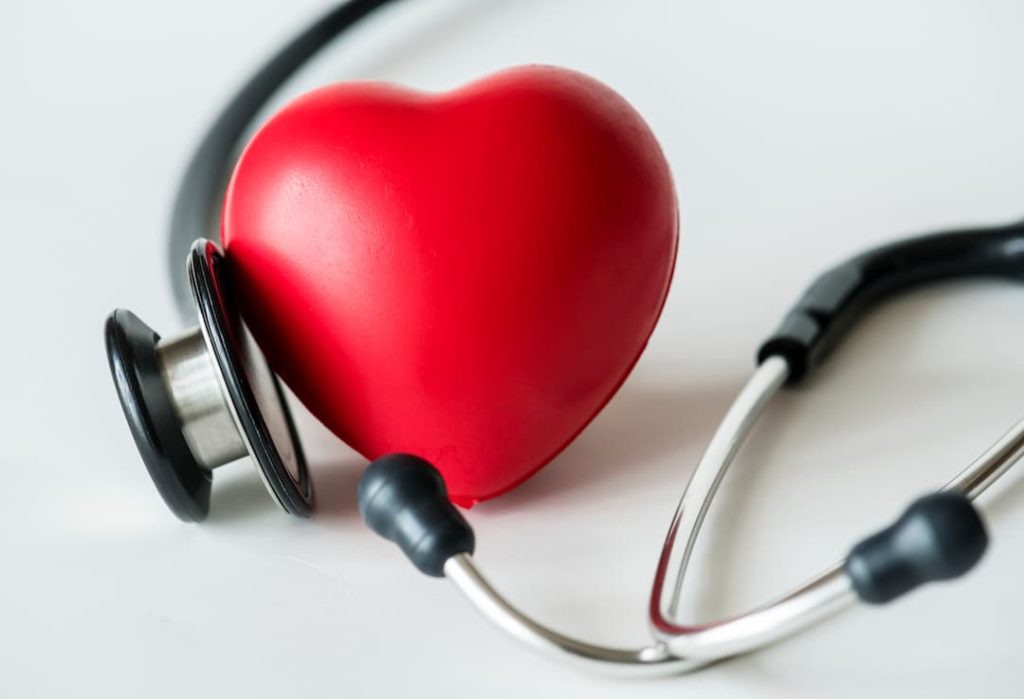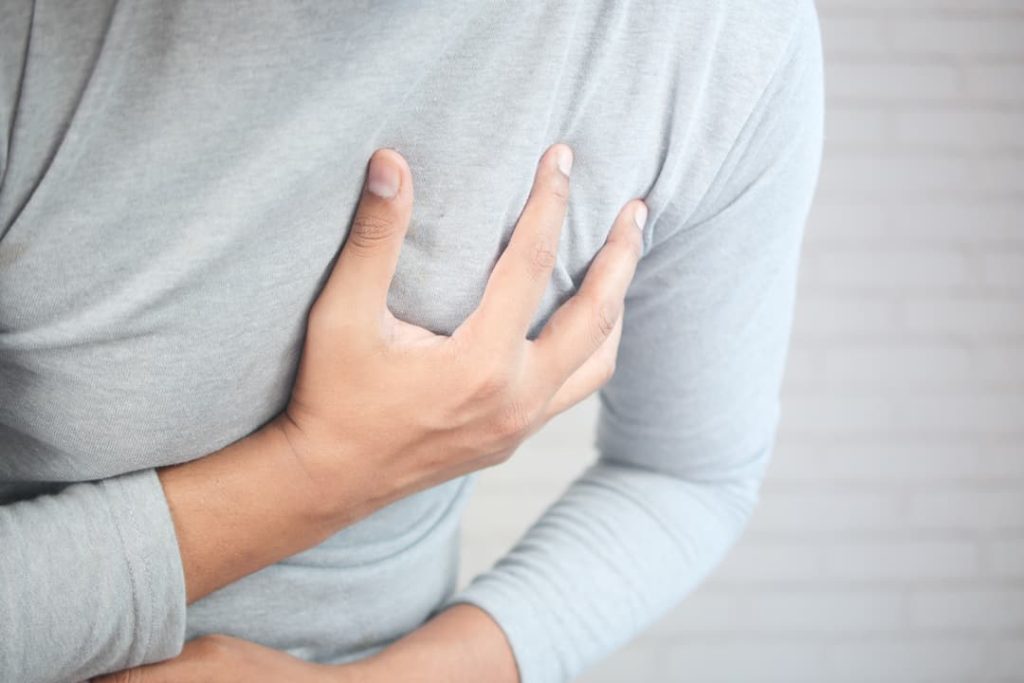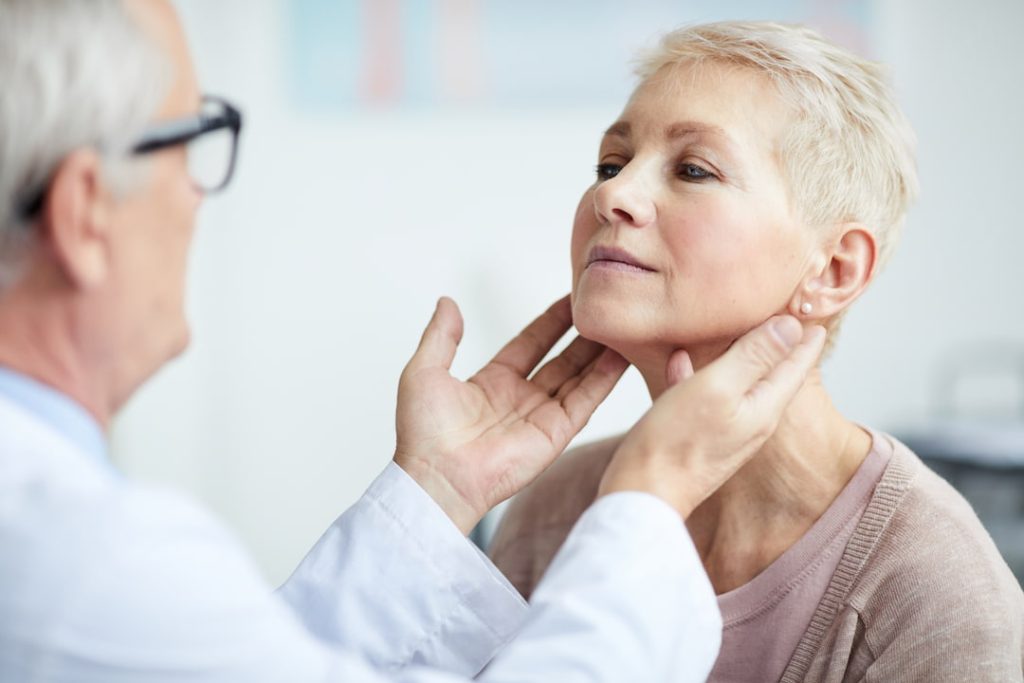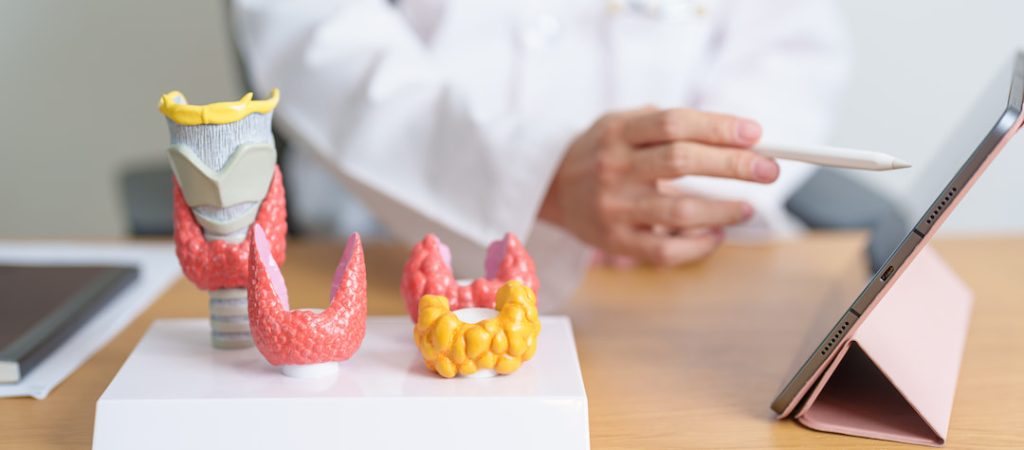Sexual relations after a heart attack
After suffering a heart attack, the patient often raises some questions and fears about his or her sex life. To find positive solutions, it is necessary to get rid of any taboos or embarrassment that may be experienced when discussing these issues with the doctor. The most common fears and anxieties that arise about sexual life are related to the physical exertion that the activity requires, as the patient is often afraid that the sexual act may pose a significant risk to his or her heart. For patients’ peace of mind, it must be said that it has been demonstrated that the energy expenditure during sexual intercourse is similar to that generated by climbing two flights of stairs. The heart rate of the sexual act is lower than that produced during other normal activities of daily life, and the physical effort required could be described as moderate, which in principle would not cause any complications. It is recommended to resume sexual intercourse after adequate physical training (cardiac rehabilitation) and there to assess physical capacity, symptoms during exercise, and tolerance to moderate activities. In the absence of symptoms, there is no contraindication to sexual intercourse. Specifically in men, in case of requiring medication to improve erectile function, you should always consult your cardiologist for authorization. It is common to feel fear of death during sexual activity after having a heart attack, however, cases of death occur at a very low rate. In a study of almost 6000 cases of sudden death due to non-traumatic causes, only 34 of them were due to cardiac causes and occurred during sexual intercourse; in 27 of these cases, the deceased was having sex with a different partner than usual, influenced by factors such as nervousness, increased arousal, feelings of guilt, the need to look good and the use of drugs to improve sexual potency. A frequently detected problem is impotence and frigidity; both can be caused by the type of pharmacological treatment, psychological alterations caused by heart disease, and fear; it is important to control risk factors, and comorbidities and always consult your doctor to evaluate causes that can be intervened. In Sincro we have a team of specialists that allow us to perform an integral control of your pathologies, schedule your appointment here.










